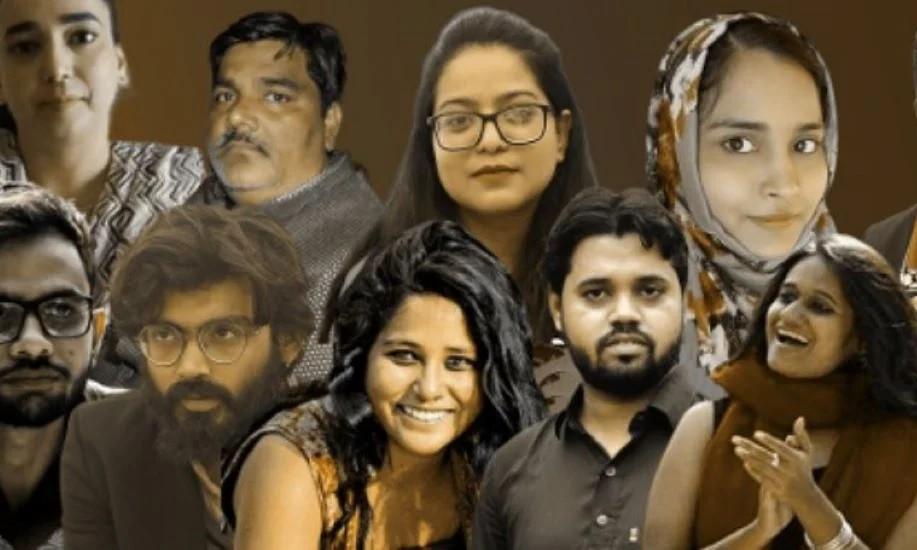
Delays in bail of anti-CAA protestors constitute gross injustice: CJAR
text_fieldsThe Campaign for Judicial Accountability and Reforms (CJAR) has raised significant concerns over delays in bail proceedings and the pronouncement of orders in cases involving political dissenters, criticizing the current judicial regime for causing gross injustice.
CJAR’s recent statement highlights a troubling trend of extended delays that have led to the continued incarceration of individuals involved in anti-CAA protests, and questions the fundamental rights of these detainees, The Wire reported based on the CJAR report.
According to CJAR, the bail matters of several protestors have been pending for over two years without a verdict, constituting a severe violation of their constitutional rights. The case of Gulfisha Fatima, who has been detained since April 2020 under the Unlawful Activities (Prevention) Act (UAPA), exemplifies the issue.
Despite being co-accused with Devangana Kalita, Natasha Narwal, and Asif Iqbal Tanha—who were granted bail in June 2021—Fatima remains imprisoned. CJAR points out that the Delhi High Court had previously indicated concerns about the State’s approach to suppressing dissent, but despite the Supreme Court upholding this stance, Fatima’s bail has not been granted.
The statement notes that Fatima’s bail matter has been listed for hearing 65 times since May 2022, yet it has yet to be decided, and it will be argued for the third time in the Delhi High Court. Similarly, Khalid Saifi, arrested in February 2020 for his role in the equal citizenship movement, faces prolonged detention. His bail application, initially listed in May 2022, has not yet been resolved, with extensive hearings having taken place without a final judgment.
CJAR asserts that these judicial delays are contributing to a broader issue of injustice, as individuals continue to languish in jail without any resolution on their bail pleas. The organization emphasizes that trial proceedings for FIR 59/20, related to these cases, have not even commenced after more than four years, which adds to the concern.
The delays are viewed by CJAR as indicative of the misuse of UAPA against political dissenters based on unverified allegations by the Delhi Police. They call for the Delhi High Court and the Supreme Court to urgently address these delays. CJAR urges the implementation of institutional procedures to ensure that judgments are delivered promptly, especially when arguments have concluded and the verdict is reserved.























